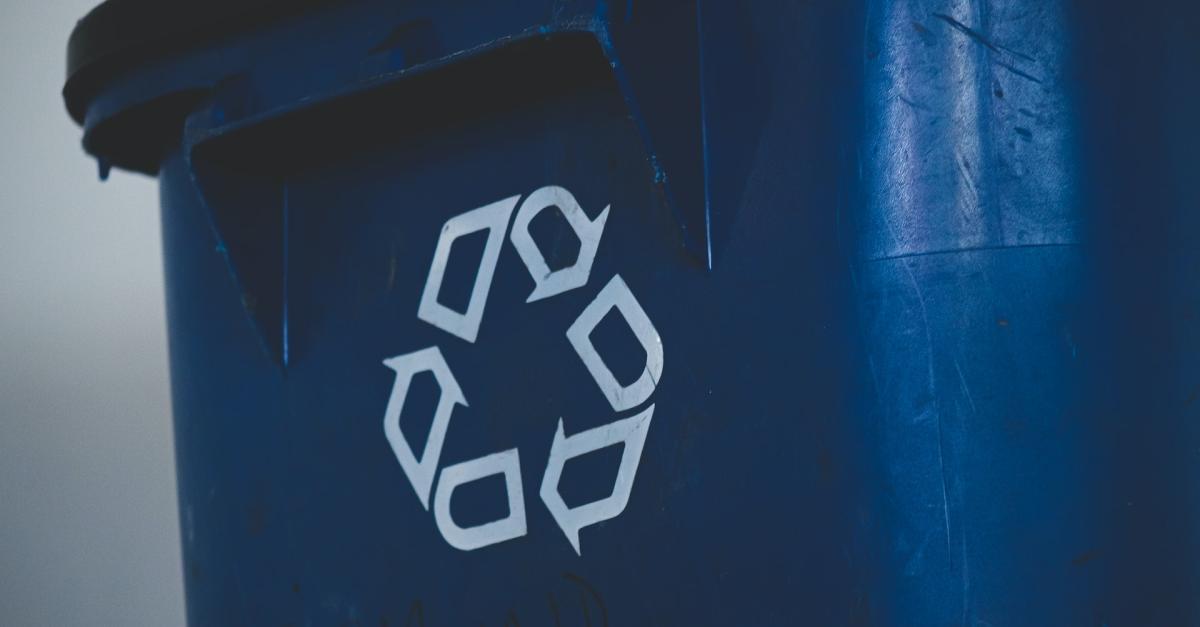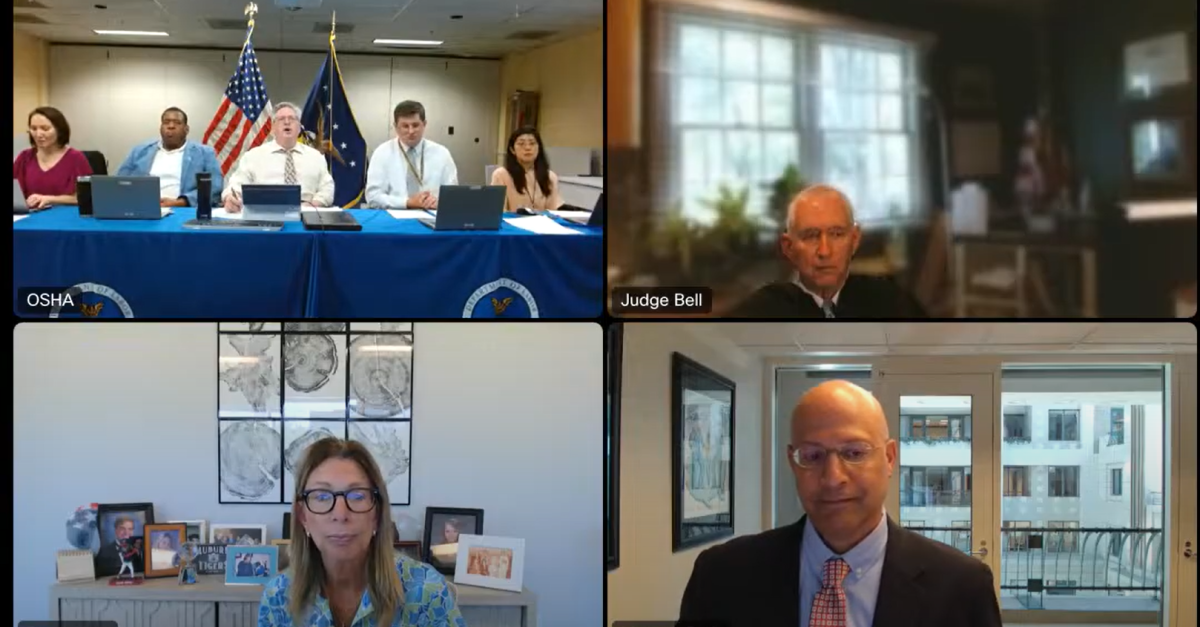Most Americans know that recycling is beneficial to the environment because it conserves resources. In addition, it reduces the emission of pollutants and greenhouse gases, decreases landfills. By cutting down on greenhouse gas emissions, recycling ultimately helps control global warming.
Helping the environment by managing waste is vital both for individuals and manufacturers. Manufacturers can earn points towards ESP certification by creating programs for recycling cardboard, paper, plastics and wood solvents. They are also encouraged to continually track waste and document goals to reduce waste. In addition to the more traditional practice of recycling waste, it is also beneficial for manufacturers to recycle process by-products, like steam, to generate alternative energy. Producing alternative energy is another way to conserve precious resources and sustain the environment. Recycling leads to a healthier world which is why having active recycling and energy conservation programs, and generating alternative energy are all important parts of ESP certification.
ESP certification places importance on manufacturers discussing sound environmental practices with their suppliers, in addition to practicing environmental responsibility themselves. KCMA supplier members are supporting ESP manufacturers by evaluating and documenting their own practices to protect the environment.
ESP certification also encourages manufacturers to demonstrate community outreach. Manufacturers can utilize their abundant resources to have a significant positive impact on their community. Manufacturers and individuals can get involved in a variety of charitable organizations, such as Habitat for Humanity, Housing America, Boys and Girls Clubs, and local hospitals and food banks. It’s imperative to not only be environmentally responsible, but to also be a responsible citizen in your community.


